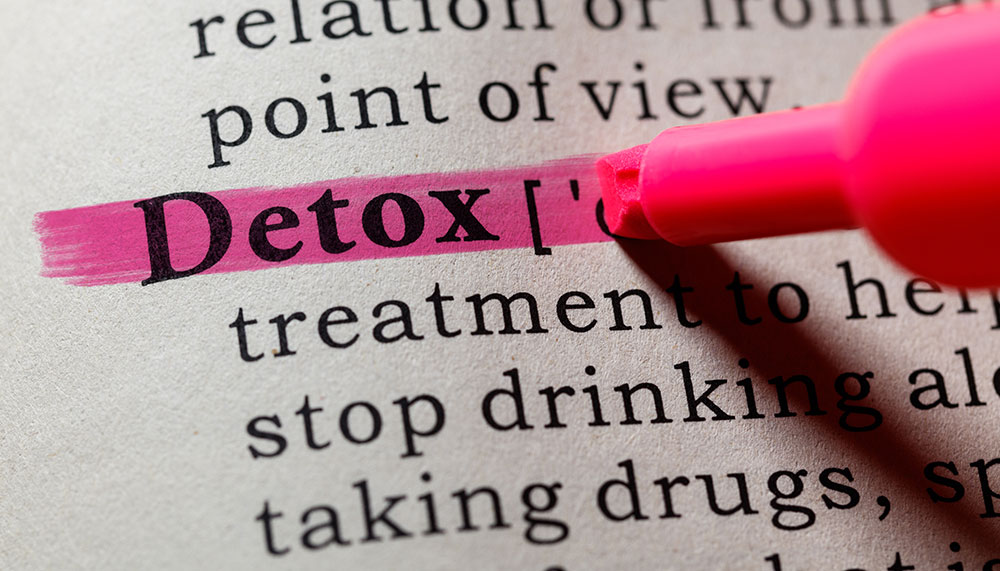Tramadol Treatment and Rehab
Are you looking for Tramadol addiction treatment and rehab services in your area or need information about continued treatment and recovery support for yourself or a loved one? Looking for help is a key step in the recovery process, but it can seem daunting at first.
This is why, in this article, we discuss all the necessary features and elements of addiction treatment for dependency to Tramadol – to help you find the best option for yourself and your loved ones.
- Understanding Tramadol Addiction
- Recognising the Signs of Tramadol Abuse
- The Dangers for Tramadol Addiction without Treatment
- Secondary Addiction Treatment
- Before Attending Rehab
- What to Bring to the Treatment Facility?
- Consulting a General Practitioner about Medication Alternatives
- Frequently Asked Questions
Understanding Tramadol Addiction
It is essential to acknowledge that prescription drug addiction is often unintended. Medications are mostly abused as a consequence of tolerance which builds up over time. This is why it’s important to follow a doctor’s prescription, so that the medications taken don’t lose their effect or are switched on time before tolerance settles in.
If you would like to learn more about residential rehab or would like to speak to an expert regarding the different treatment centres here in the UK, please give us a call.

Recognising the Signs of Tramadol Abuse
Tramadol is an opioid analgesic, prescribed by many medical specialists. Being a medication with analgesic properties, this opioid has calming and relaxing effects, which are often the cause for abusing this substance.
A person could find themselves addicted to Tramadol in cases where they are using it more often than a prescription allows or by using it in a manner other than directed (for example crushing it or using higher dosages) and ignoring potential side effects after usage. In all these cases we are talking about abuse of the medication which is most often caused by a progressing addiction.
Excessive Tramadol use symptoms include:
- Insomnia
- Unconsciousness or being subjected to a coma
- Seizures
- Respiratory depression
- Unusual decrease in blood pressure
- Decreased heart rate
- Sweaty or clammy skin
- Weakened muscle function
The Dangers for Tramadol Addiction without Treatment

Even when Tramadol is appropriately used under medical supervision, users may experience adverse reactions, including nausea and dizziness. Abuse of Tramadol makes the drug more dangerous and puts the user at risk for severe side effects or, unfortunately, fatal overdose.
Using Tramadol with other substances, without them being reviewed by a medical professional, risks serious and often fatal side effects.
Side effects include:
- Continued nausea and vomiting
- Constipation
- Fever
- Dizziness
- Appetite loss
- Muscle aches
- Depression and anxiety
- Sweating
How Does Residential Rehab Work for Prescription Drugs?
Rehab involves a large amount of therapy – a process which begins after the detoxification period. The aim is to rectify a person’s drug reliance, find improved coping mechanisms, and learn vital relapse prevention methods. Ongoing recovery relies on multiple outlets of aftercare provisions, giving long-term support and ensuring relapses are prevented. Here are the steps that are most-often taken during residential rehabilitation:
Detox

To carefully detox from Tramadol, medical supervision is recommended until the body is completely cleansed of the substance. Attempting to detox at home runs the risk of exposure to withdrawals.
Rehabilitative Therapy
Even if the first motivation for taking Tramadol is related to providing comfort for pain, there tend to be underlying reasons for addiction settling in. During therapy, these reasons could be explored to provide effective methods of altering a person’s habitual behaviour in order to care for both body and mind without going back to external sources of relief.
Causative issues can come in the form of traumatic experiences or even mental health conditions such as depression, chronic anxiety or even ADHD and PTSD.
Aftercare and Family Support
Aftercare in Tramadol addiction recovery relates to the ongoing care provided once the first phase of therapeutic treatment is completed. Methods such as counselling, self-help, living arrangements and behavioural interventions are implemented to help ongoing recovery.
Tramadol is a prescription opioid designed for pain management with demonstrated abuse potential. With this in mind, aftercare for Tramadol addiction has been paramount in increasing recovery rates.
Aftercare is usually offered free of charge at most private facilities.
Medical Assessment
The initial admittance procedure involves meeting with an in-house professional where treatment is discussed. This will determine the best course of action to overcome the addiction. The aim is to implement an individualised treatment plan and evaluating a person’s medical, emotional and social functioning.
These evaluations could include a medical examination, a psychological and physical assessment. Understanding a person’s drug use history, family history of addiction, and even financial arrangements for treatment will also be considered.
Inpatient VS Outpatient Services
The most notable difference between inpatient and outpatient care is that within a residential environment, the person in recovery can settle in and live free of temptations and recurring triggers. Non-stop medical supervision and access to counsellors, support workers and medical personnel are imperative for inpatient care.
Outpatient care includes individual sessions with professionals; both one-to-one and group therapies are included. The biggest problem with outpatient care, especially one through the NHS, is the waiting times and availability. In some instances, patients wait more than two months for entry into the programme.
Naturally, inpatient clinics will ask for higher payment while outpatient care is paid on a per-session method. Often times, the NHS or health insurance can pay for part or the whole amount of the fees. Private insurers usually include some inpatient addiction treatment options within their policies. This will need to be confirmed individually with an insurer.
Choosing a Treatment Centre
A choice to attend an inpatient or outpatient Tramadol treatment facility is essential to your everyday duties and health.
We advise you to choose a facility that provides an aftercare plan. Aftercare includes different therapies, such as private therapy, as well as help in maintaining overall sobriety.
Secondary Addiction Treatment
Many people receive great benefits from continued support when they have completed their programme. This helps them kickstart a new life in recovery.
Secondary addiction treatment helps build on methods that were taught during an intensive care programme. Also, therapy helps assist areas that recovering persons may be worried about, such as reintegration into their everyday lives. Continued support will handle urgent matters and help with better understanding newly appearing triggers and causes for anxiety.
Before Attending Rehab
When a person is seriously considering attending a Tramadol treatment programme, there are several factors they will have to consider before treatment begins. Let us explore some of the most critical aspects.
Ensure that They Are Committed to Treatment
The voyage from Tramadol addiction to a healthier life is not quick-paced and easy. For many, it involves making a long-term commitment and dedication. Achieving sobriety may be challenging. However, professional treatment has assisted many people in starting the process.
It’s important to remember that it’s impossible to be completely healed unless you acknowledge that there is a problem and it needs fixing. Self-awareness and self-motivation are key elements of recovery.
What to Bring to the Treatment Facility?
Every treatment facility has different policies, and some are stricter than others.
For the most part, it’s recommended to bring the following:
- A list of names, addresses and phone numbers of persons requested to be involved in treatment or in case of an emergency.
- Comfortable, weather-appropriate clothing for the length of the stay
- Hygienic essentials
All facilities have a strict policy against bringing drugs and alcohol, narcotics and weapons. For any prescriptions, including allergy medications, you will need to bring documentation and provide contact of your GP in case the medical facility will need to discuss the medications with them.
Consulting a General Practitioner about Medication Alternatives

Always consult a doctor or pharmacist when it comes to altering the dosage or type of medicine you need. If you feel the medication is not working well, then you must consult with your doctor and have them change the prescription.
For persons with chronic pain, doctors may recommend lifestyle changes to assist in managing the discomfort. These positive changes include physical fitness, social activities, relaxation techniques as well as general health management.
A Tramadol Alternative for Pain Management
Metoclopramide is an affordable pain management medication. It exhibits fewer side effects and has proven to be very effective in preventing postoperative pain. This can be seen as a better option compared to Tramadol. You may ask your doctor if it is a valid replacement in your individual case.
Yoga and other physical activities which help with body functions are a reliable source of energy. With light movement, we can naturally produce light painkilling chemicals within our bodies.
This is why people often choose private rehabs which offer admission within a 24-hour period after assessment has been made. Typically, a month-long treatment programme tends to cost between £2,500 and £ 3,500 per week.
